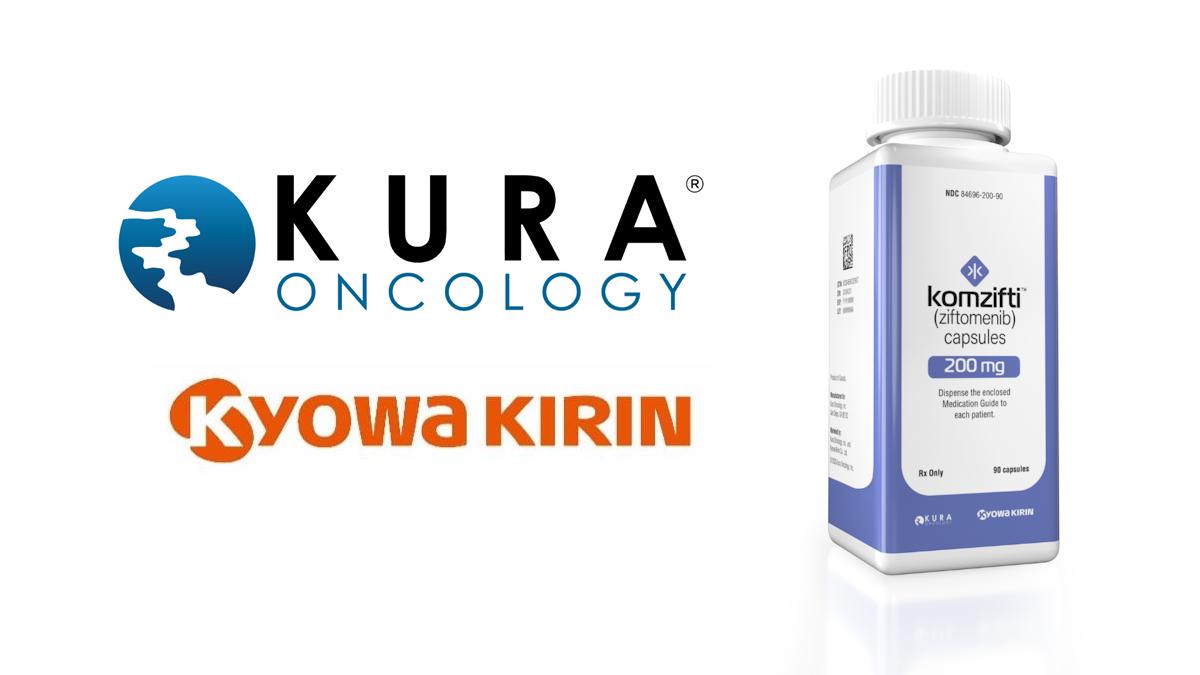Faron’s Clever-1 drug shows promise in blood cancers

Faron Pharmaceuticals has reported data from a phase 1/2 trial pointing to the potential of its macrophage-directed antibody bexmarilimab as a treatment for blood cancers acute myeloid leukaemia (AML) and myelodysplastic syndromes (MDS).
The new results from the ongoing BEXMAB study show that the Clever-1-targeted drug achieved a 50% remission rate – in 11 out of 22 patients at the cutoff point – when added to standard care in patients with advanced AML or MDS that had relapsed after or failed to respond to standard care or hypomethylating agent (HMA) therapy, respectively.
Moreover, eight of the patients had complete remission in the bone marrow, with or without blood count recovery, and the largest benefit – with four out of five patients responding – was seen in MDS patients who had failed HMA.
The Finnish biotech said the data was “extremely promising” and supported the start of enrolment into the phase 2 portion of the study, which is due to get underway before the end of the year. Bexmarilimab was also well-tolerated at all tested dose levels, with no dose-limiting toxicity observed, it added.
There were five drug-related adverse events deemed to be grade 3 or above, including elevated liver enzymes as well as immune reactions such as capillary leak syndrome, haemophagocytic lymphohistiocytosis and cryptogenic organising pneumonia.
“We believe that bexmarilimab has the potential to provide better patient outcomes and improve the quality of life of those suffering from relapsed/refractory AML and MDS, which are conditions with dire prognosis and limited new therapies in the last decades,” said Faron’s chief executive Dr Markku Jalkanen (pictured above).
The phase 2 study will enrol between 28 and 32 patients HMA-failed MDS and AML patients and test two doses of the antibody, with results due before the end of next year.
Clever-1 – sometimes known as Stabilin-1 or FEEL-1 – is an emerging cancer immunotherapy target, a so-called ‘scavenger’ receptor expressed on macrophages and some other immune cells that is thought to play a role in cancer growth and spread.
Blocking the receptor can switch off an immune-suppressing signal in these cells, causing them to start a localised inflammatory response that stimulates cytokines like interferon and, in turn, can activate T-cell responses. The receptor has also been associated with tumour resistance to immunotherapy.
Faron also hopes to test bexmarilimab in combination with other cancer immunotherapies like PD-1/PD-L1 checkpoint inhibitors to see if it can boost their efficacy against cancers.













